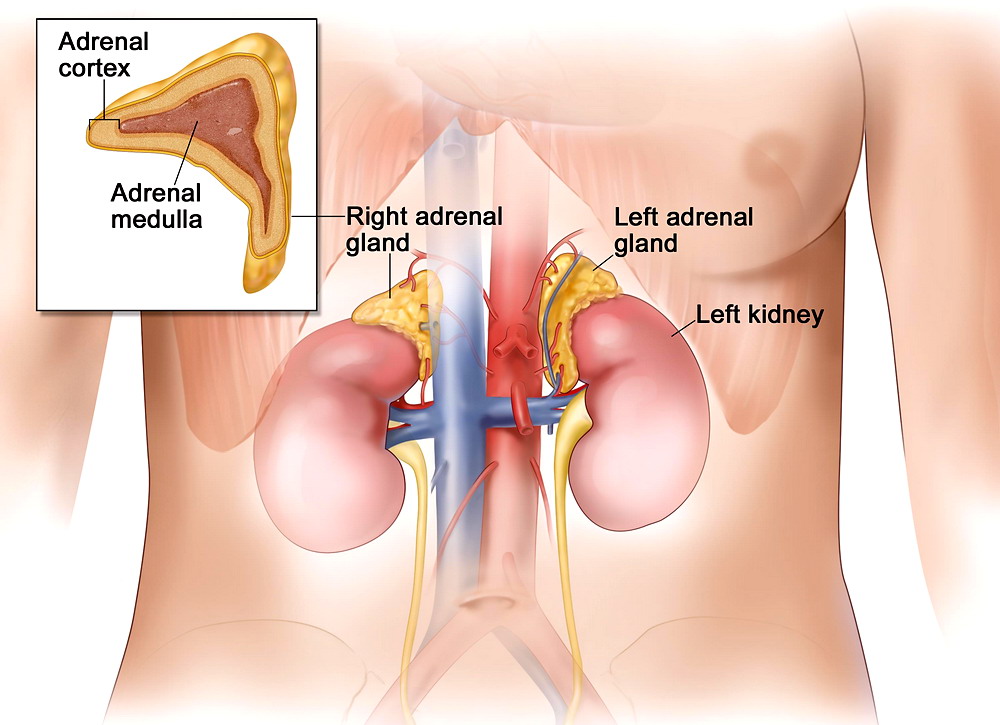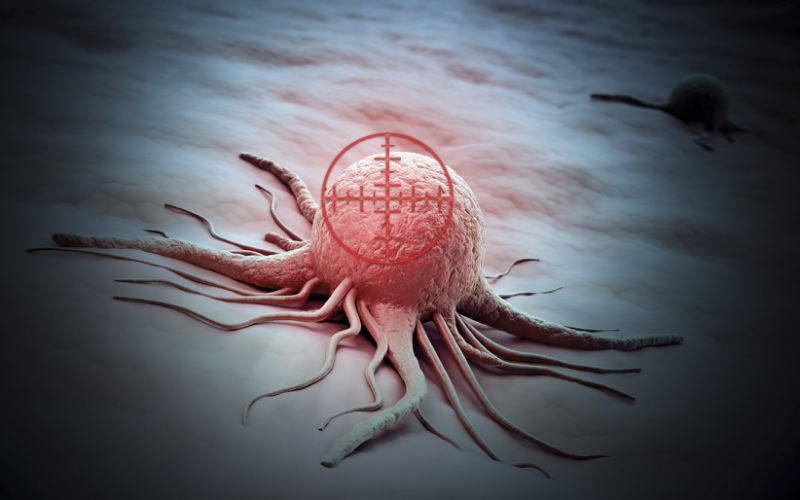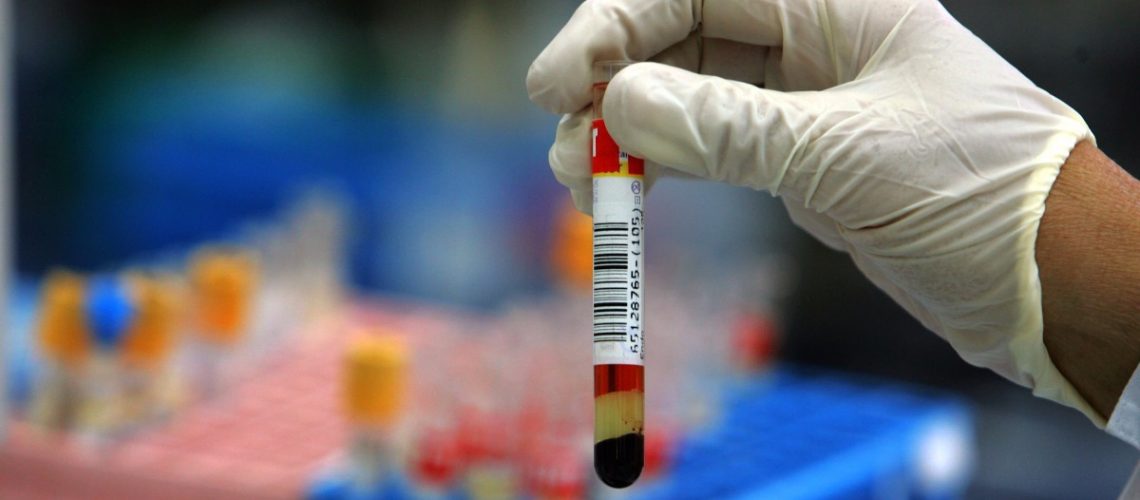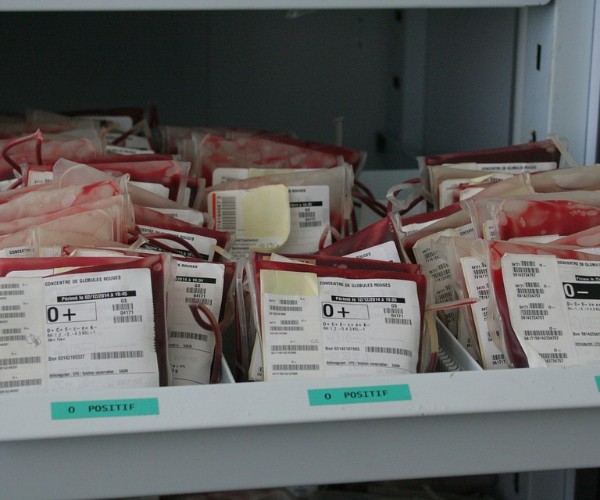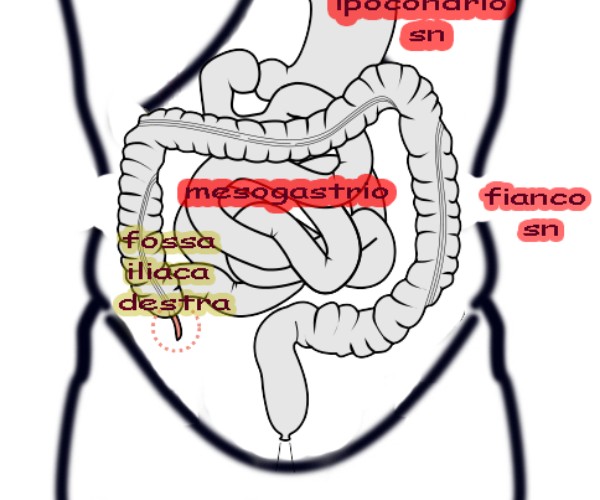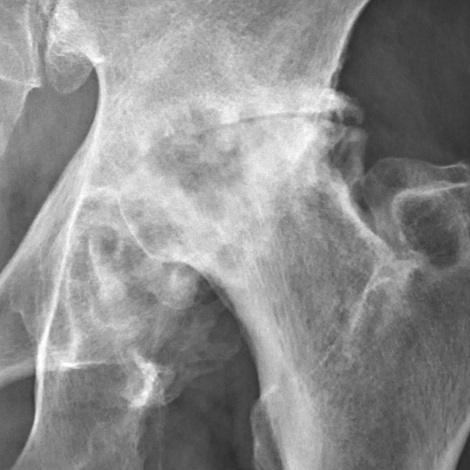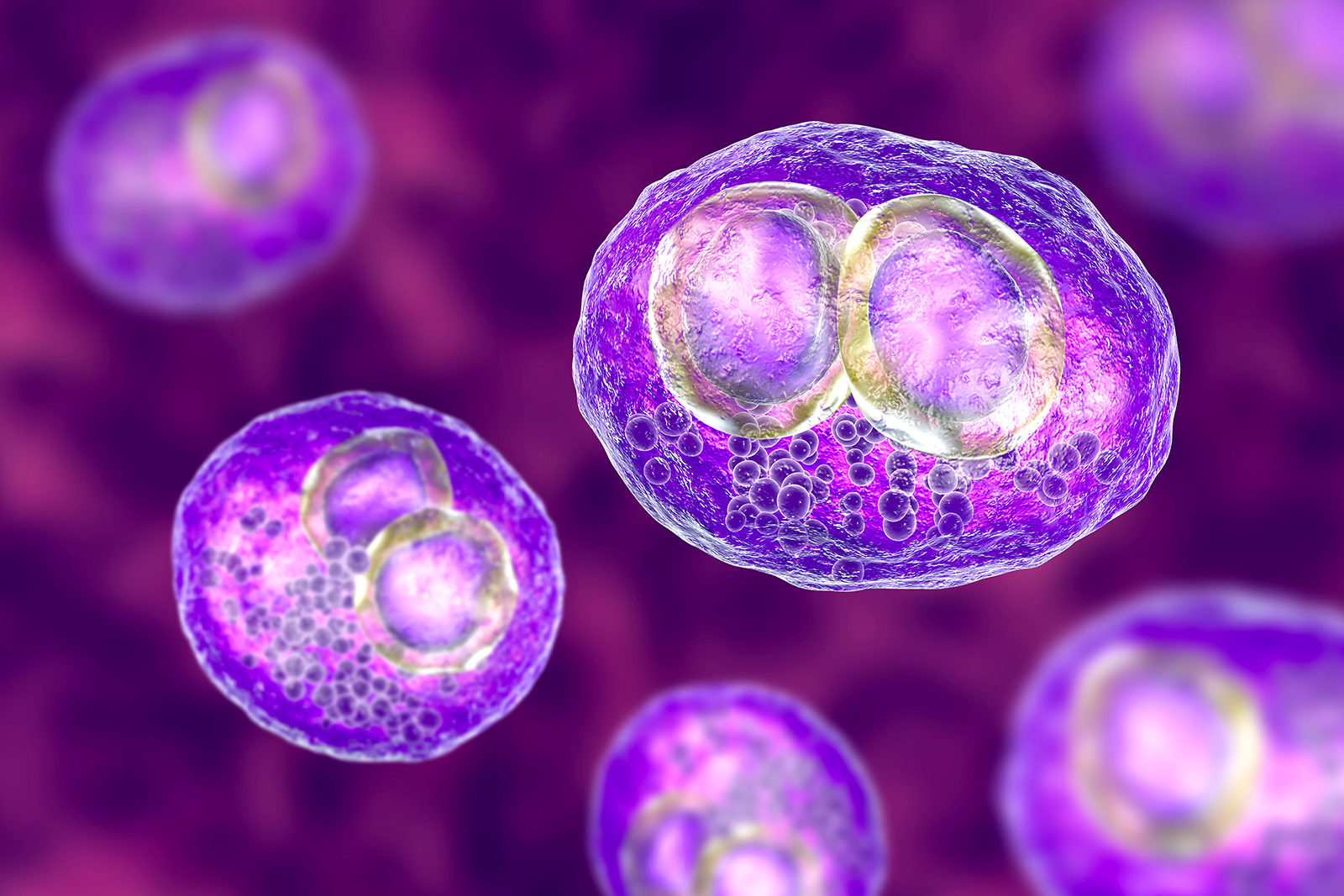Diagnosing cancer can be complicated and involve unpleasant procedures such as mammograms and colonoscopies; in addition, tumors are often detected only when they have reached a certain size. Researchers are therefore working to find better, less invasive alternatives that can detect cancer earlier, when it is most treatable, through blood.
Now, researchers at the Cambridge Institute in Britain have developed a blood test-or “liquid biopsy” -that can detect eight different types of cancer, including breast cancer, ovarian cancer, skin cancer (basal cell carcinoma among the most common) and brain cancer. This is not the first blood test developed for cancer detection, but this one has the advantage of being relatively quick, as it does not involve the time-consuming genetic sequencing of the patient’s blood.
Instead, the new test works by tracking the carcinogenic Dna circulating in the blood based on its size. Tracking the Dna of a tumor is usually very difficult because it is immersed in a vastly larger amount of healthy Dna, but the British team identified that there are differences in the size of Dna fragments in cancer cells and those in healthy tissue and used them as a key to making the diagnosis. The finding was published in the journal Science Translational Medicine.
The researchers then conducted an experiment to see how effective the new method was in determining the presence of cancer and were able to detect colorectal, bile duct, ovarian, breast and skin cancer in 94 percent of the 68 patients tested. A slightly lower success rate was achieved for pancreatic, kidney and brain cancers, detecting cancer in 65 percent of the 57 patients tested.
The new test is obviously not perfect and also gave a false positive, mistakenly detecting cancer in a healthy patient. However, liquid biopsy is certainly promising, and as study coordinator Florent Mouliere told New Scientist, the blood test could easily be performed by commercial laboratories, meaning the transition from research lab to real life may not be too far away.
Mouliere F et al. Enhanced detection of circulating tumor DNA by fragment size analysis. Science Translational Medicine 07 Nov 2018: Vol. 10, Issue 466, eaat4921.
https://pixabay.com/en/medicine-withdrawals-nurses-3493688/




